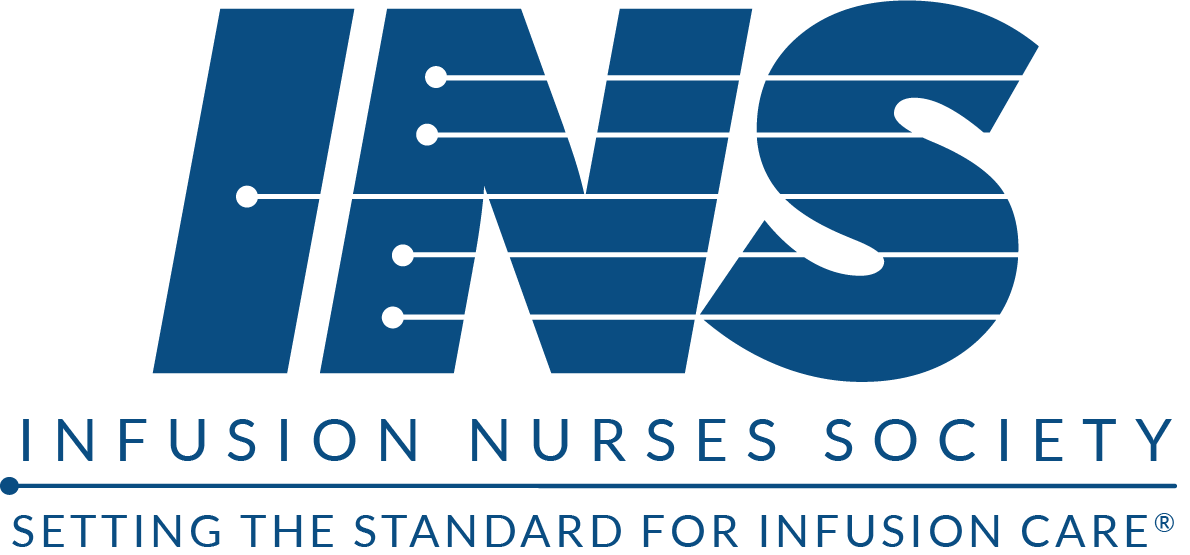Nursing is a profession rooted in compassion, empathy, and service. At its very core, it embodies the essence of love—a love that transcends boundaries, a love that heals, and a love that leads. As we navigate the complexities of healthcare in 2025 and beyond, we must remember that love is not just an emotion but a powerful guiding force that shapes how we lead, serve, and care.
The Historical Impact of Love in Healthcare
Throughout history, love has been the silent force driving some of the most profound changes in healthcare. Florence Nightingale, the founder of modern nursing, exemplified this love in her tireless work during the Crimean War, where she cared for wounded soldiers with unwavering dedication. Her legacy reminds us that nursing is not just about treating symptoms but about seeing the whole person—mind, body, and spirit—and meeting them with compassion and respect (Dossey, 2010).
In the words of Maya Angelou, “People will forget what you said, people will forget what you did, but people will never forget how you made them feel” (Angelou, 2003). This quote captures the heart of nursing leadership. When nurses lead with love, they create lasting impressions that extend far beyond the walls of hospitals and clinics. They foster trust, build connections, and inspire hope in the patients and colleagues they serve.
Nursing’s Ethical Foundation: Love Without Judgment
At the heart of nursing ethics is the principle of nonmaleficence—“do no harm.” This foundational tenet reminds us that nurses have a duty to protect and advocate for their patients, regardless of race, creed, religion, socioeconomic status, or any other differences. Love in nursing means embracing diversity and treating every patient with dignity, respect, and kindness (American Nurses Association [ANA], 2015).
Nurses are often the first line of defense in ensuring that patients receive equitable care. Leading with a loving heart helps nurses remain steadfast in their commitment to equity and justice, even in the face of adversity. By focusing on love, nurses can rise above the distractions and challenges of the world, staying true to their mission of providing compassionate, patient-centered care.
The Power of Love in Leadership
The powerful message of love as a transformative force can also be seen in the inspiration behind the Embrace statue located in Boston. This sculpture, symbolizing the loving embrace of Dr. Martin Luther King Jr. and Coretta Scott King, stands as a reminder of how love strengthens bonds, fuels resilience, and serves as a beacon of hope in challenging times. Just as the embrace represents unity and compassion, so too must we, as nurse leaders, embody these qualities in our practice.
Nurse leader Beverly Malone once said, “Love transforms how we lead. It allows us to see the humanity in others and helps us to create a culture where people feel valued and empowered.” This profound statement reminds us that love is the foundation upon which effective, compassionate leadership is built.
Love is not a sign of weakness in leadership—it is a source of strength. Love gives leaders the clarity to make ethical decisions, the courage to advocate for what is right, and the resilience to persevere through difficult times. Love fosters collaboration, unity, and trust—qualities that are essential for effective leadership in today’s complex healthcare landscape (Grossman & Valiga, 2020).
When leaders lead with love, they create environments where people feel valued, respected, and empowered. This is especially important in nursing, where the emotional and physical demands of the job can be overwhelming. A leader who leads with love can uplift their team, reduce burnout, and promote a culture of care and support.
A Message of Gratitude and Hope
As I reflect on my time serving as your president, I want to express my heartfelt gratitude to the entire INS body. It has been an honor and a privilege to lead alongside such dedicated and passionate professionals. I hope that every encounter you have had with me has left you feeling seen, heard, and loved.
As we look to the future, I encourage each of you to keep love at the center of your leadership journey. May love be your compass, guiding you through the challenges and triumphs that lie ahead. Love conquers all. Love endures. Love does not judge. Love welcomes you.
To the 2025-2026 INS board members, I welcome you with open arms and an open heart. I look forward to supporting you as you take the baton and lead us forward. Together, let us continue to lead in love, ensuring that the legacy of compassionate, ethical, and equitable nursing leadership endures for generations to come.
In closing, remember that love is the light that guides us, the strength that sustains us, and the bond that unites us. May you always know your compass as we lead in healthcare—with love—in 2025 and beyond.

References
American Nurses Association (ANA). (2015). Code of Ethics for Nurses with Interpretive Statements. ANA.
Angelou, M. (2003). Maya Angelou: The Complete Poetry. Random House.
Dossey, B. M. (2010). Florence Nightingale: Mystic, Visionary, Healer. F. A. Davis.
Grossman, S. C., & Valiga, T. M. (2020). The New Leadership Challenge: Creating the Future of Nursing. F. A. Davis.
Photo of “The Embrace” and the 1965 Freedom Plaza by artist Hank Willis Thomas and MASS Design Group, courtesy of Skanska.







